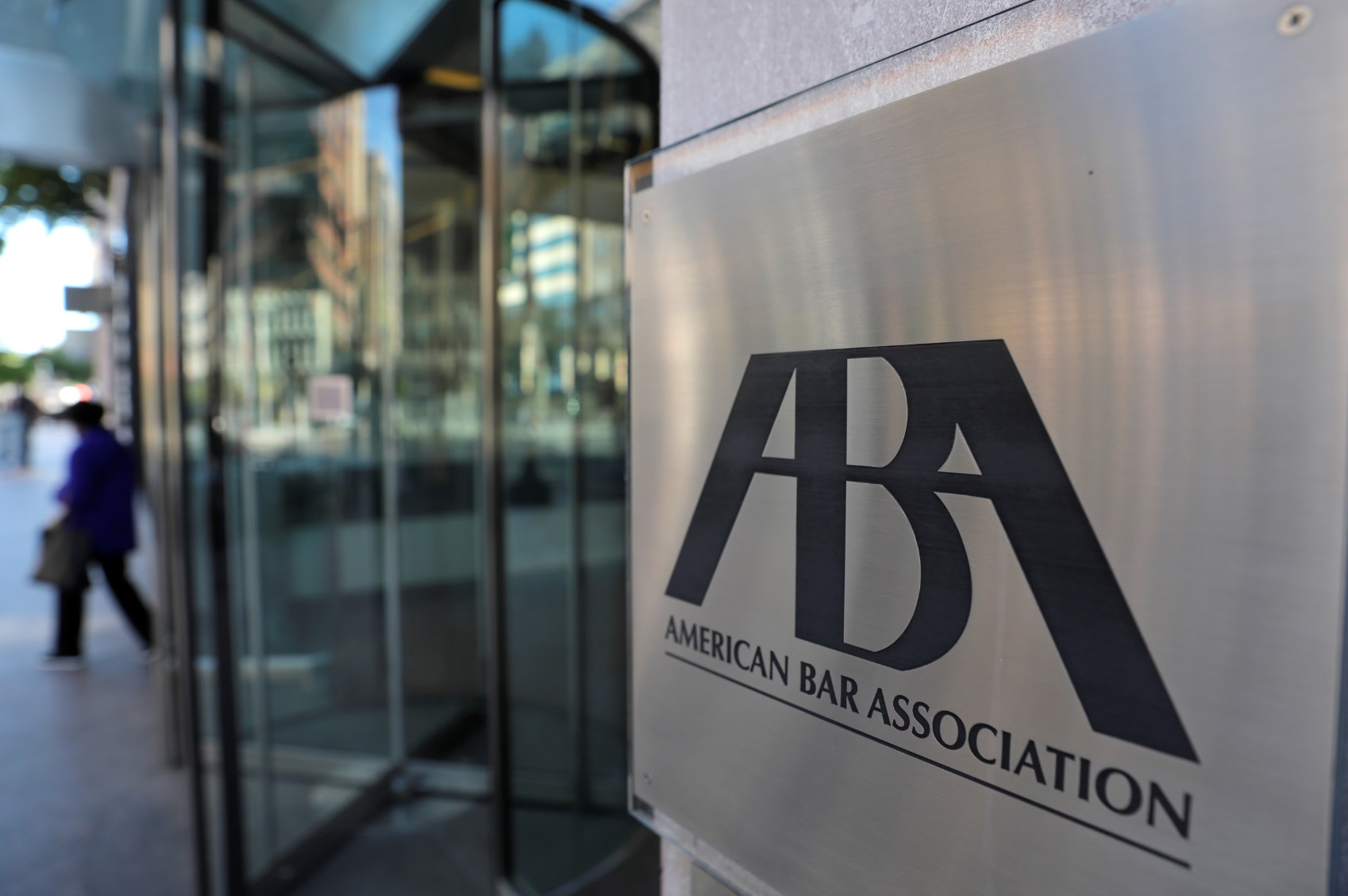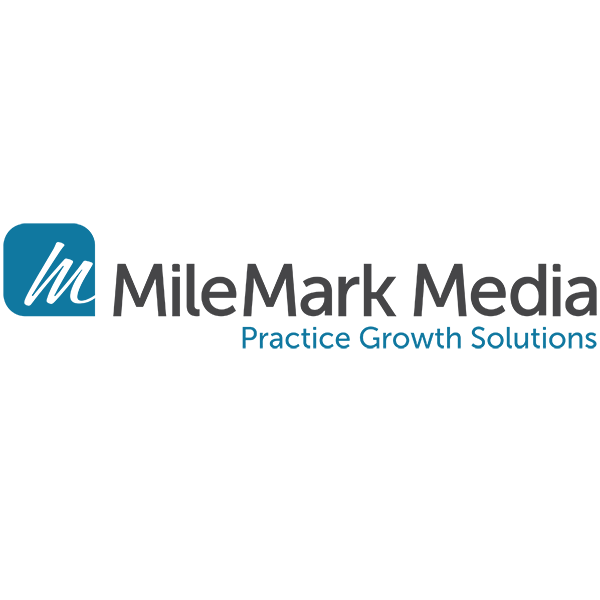Trending...
- Purple Heart Recipient Honored by Hall of Fame Son In Viral Tribute Sparking National Conversation on Service Fatherhood, Healing and Legacy
- Lineus Medical's SafeBreak® Vascular Added to Alliant GPO Contract
- VENUS Goes Live on CATEX Exchange As UK Financial Ltd Activates The Premier Division Of The Maya Meme's League
Adhering to Ever-changing ABA Rules on Attorney Advertising in Modern Digital Marketing
TAMPA, Fla. - ncarol.com -- In recent years, law firm marketing has evolved rapidly, with attorneys relying on digital platforms more than ever. From social media campaigns to pay-per-click ads, legal professionals are competing in an increasingly crowded online marketplace. In response, regulatory bodies such as the American Bar Association (ABA) and various state bar associations have updated their guidelines to address novel forms of attorney advertising. For lawyers looking to grow their practices ethically and effectively, it is crucial to stay informed about these changes and ensure compliance with both ABA rules and state-specific regulations.
Shifts in Law Firm Marketing Rules
One of the most significant shifts is the increased scrutiny on social media posts and online content. Many jurisdictions have introduced stricter rules to ensure that legal advertisements, whether a sponsored tweet or a LinkedIn post, do not mislead the public. Additionally, the definition of "advertising" has broadened to include more online communications, making it vital for attorneys to classify their posts correctly. For instance, posting a client testimonial on Facebook could be seen as advertising and therefore trigger the need for disclaimers, depending on the rules in a particular state.
More on ncarol.com
Another noteworthy change is the emphasis on disclaimers. Many state bars, as well as the ABA, now stress the importance of clear language to avoid confusing prospective clients about the nature of legal services offered. Lawyers must take extra steps to ensure that any statements about past results or expertise are clearly labeled and supported with evidence, typically through disclaimers explaining that results may vary and are not guaranteed.
Best Practices for Compliance
First and foremost, every law firm should develop a clear policy for reviewing all marketing materials, from blog posts to Google Ads, before they go live. An internal compliance officer or designated attorney should stay up to date on the latest ethics opinions and changes to the ABA Model Rules and relevant state codes. This practice helps maintain consistency in messaging and reduces the risk of inadvertently violating advertising regulations.
Second, it is essential to distinguish your firm's messaging from direct solicitation. Direct solicitation often comes under more stringent scrutiny, particularly if it targets specific individuals or groups who may be vulnerable or have recently experienced a legal hardship. Tailoring general information about your services to a broader audience is usually safer and less likely to trigger disciplinary issues.
More on ncarol.com
Third, law firms should utilize disclaimers properly and consistently. Whenever mentioning past case results, always clarify that prior outcomes do not guarantee future success. Moreover, if your firm's attorneys are not licensed in every jurisdiction where your website is viewed, a disclaimer regarding jurisdictional limitations should appear clearly.
Fourth, keep in mind that state rules can be more restrictive than ABA Model Rules. Always cross-check with your local bar association for any additional requirements. Furthermore, stay abreast of new ethics opinions, as they often clarify how existing rules apply to emerging technologies or novel marketing tactics.
Finally, ongoing training for all partners, associates, and staff involved in marketing endeavors is indispensable. Regular educational sessions or workshops not only maintain awareness but also nurture a culture of compliance within your firm.
Examples of Compliant Law Firm Websites By combining thorough internal reviews, transparent disclaimers, and continual education, law firms can stay on the right side of ethical marketing. Diligent adherence to updated advertising guidelines ensures both professional integrity and client trust, ultimately strengthening your firm's reputation in a competitive legal landscape.
Shifts in Law Firm Marketing Rules
One of the most significant shifts is the increased scrutiny on social media posts and online content. Many jurisdictions have introduced stricter rules to ensure that legal advertisements, whether a sponsored tweet or a LinkedIn post, do not mislead the public. Additionally, the definition of "advertising" has broadened to include more online communications, making it vital for attorneys to classify their posts correctly. For instance, posting a client testimonial on Facebook could be seen as advertising and therefore trigger the need for disclaimers, depending on the rules in a particular state.
More on ncarol.com
- Jason Caras Launches The Caras Institute Following Successful Exit from IT Authorities
- Serina Damesworth Hired as Century Fasteners Corp. – Director of Quality
- National Expansion Ignited Across Amazon $AMZN, Chewy $CHWY & Walmart $WMT: NDT Pharmaceuticals, Inc. (Stock Symbol: NDTP) $NDTP
- Distributed Social Media - Own Your Content
- Tarrytown Expocare Pharmacy Announces Strategic Leadership Appointments to Accelerate Growth and Innovation
Another noteworthy change is the emphasis on disclaimers. Many state bars, as well as the ABA, now stress the importance of clear language to avoid confusing prospective clients about the nature of legal services offered. Lawyers must take extra steps to ensure that any statements about past results or expertise are clearly labeled and supported with evidence, typically through disclaimers explaining that results may vary and are not guaranteed.
Best Practices for Compliance
First and foremost, every law firm should develop a clear policy for reviewing all marketing materials, from blog posts to Google Ads, before they go live. An internal compliance officer or designated attorney should stay up to date on the latest ethics opinions and changes to the ABA Model Rules and relevant state codes. This practice helps maintain consistency in messaging and reduces the risk of inadvertently violating advertising regulations.
Second, it is essential to distinguish your firm's messaging from direct solicitation. Direct solicitation often comes under more stringent scrutiny, particularly if it targets specific individuals or groups who may be vulnerable or have recently experienced a legal hardship. Tailoring general information about your services to a broader audience is usually safer and less likely to trigger disciplinary issues.
More on ncarol.com
- New Environmental Thriller "The Star Thrower" Reimagines a Classic Lesson in Individual Impact
- Summit Appoints Javier Cabeza as Data, AI, and Analytics Practice Lead
- Interview: Why I Sponsored Carson Ware - The Full Story
- March Is Skiing's Smartest Buying Window
- Zeo Health Introduces KidZ Cleanse with Folinic Acid
Third, law firms should utilize disclaimers properly and consistently. Whenever mentioning past case results, always clarify that prior outcomes do not guarantee future success. Moreover, if your firm's attorneys are not licensed in every jurisdiction where your website is viewed, a disclaimer regarding jurisdictional limitations should appear clearly.
Fourth, keep in mind that state rules can be more restrictive than ABA Model Rules. Always cross-check with your local bar association for any additional requirements. Furthermore, stay abreast of new ethics opinions, as they often clarify how existing rules apply to emerging technologies or novel marketing tactics.
Finally, ongoing training for all partners, associates, and staff involved in marketing endeavors is indispensable. Regular educational sessions or workshops not only maintain awareness but also nurture a culture of compliance within your firm.
Examples of Compliant Law Firm Websites By combining thorough internal reviews, transparent disclaimers, and continual education, law firms can stay on the right side of ethical marketing. Diligent adherence to updated advertising guidelines ensures both professional integrity and client trust, ultimately strengthening your firm's reputation in a competitive legal landscape.
Source: MileMark
0 Comments
Latest on ncarol.com
- STEM Agent Academy Mission 01: Reclaiming Children's Curiosity from the Digital Void
- Amicly Launches as a Safety-First Social App Designed to Help People Build Real, Meaningful Friendships
- Primeindexer Google indexing platform launched by SEO Danmark APS
- Kaltra Introduces New Downward-Spraying Distribution Technology to Boost Microchannel Evaporator Performance
- Talentica Announces Winners of Multi-Agent Hackathon 2026
- Special Alert: Undervalued Opportunity: IQSTEL (N A S D A Q: IQST) Positioned for Explosive Multi-Year Growth
- Triple-Digit Growth, Strategic N A S D A Q Uplist, Plus A Scalable Healthcare Rollout Model: Stock Symbol: CDIX
- Vesica Health Receives FDA Breakthrough Device Designation for AssureMDx
- Lineus Medical's SafeBreak® Vascular Added to Alliant GPO Contract
- Cancun All Inclusive is ready for Spring Break 2026 with new Resorts, Exclusive Deals, activities and more!
- 66% of US Bankruptcies Are Medical — So Americans Are Building Businesses That Cover Healthcare Emergencies
- Husband and Wife Release Children's Book and Donate Proceeds to Non-Profit
- Ludex Partners With Certified Trading Card Association (CTCA) To Elevate Standards And Innovation In The Trading Card Industry
- Best Book Publishing Company for Aspiring Authors
- Dr. Nadene Rose Releases Moving Memoir on Faith, Grief, and Divine Presence
- Gigasoft Solves AI's Biggest Charting Code Problem: Hallucinated Property Names
- AKG To Demonstrate New Digital E-catalog Experience Daily At CONEXPO CON/AGG 2026
- ASTI Ignites the Space Economy: Powering SpaceX's NOVI AI Pathfinder with Breakthrough Solar Technology: Ascent Solar Technologies (N A S D A Q: ASTI)
- STEM For Kids Launches Root Protocol™: A Human Bridge for Gen Alpha's Digital Curiosity Crisis
- Hiring has reached a "Digital Stalemate"—Now, an ex-Google recruiter is giving candidates the answers

